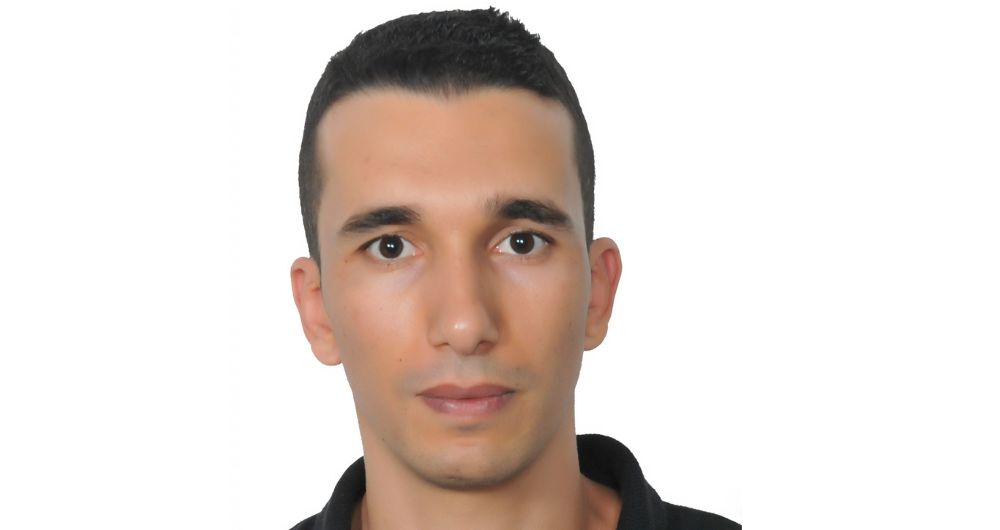
Global shocks to energy prices mean that manufacturers are giving significant attention to energy-efficient scheduling, considering both economic advantages and the importance of energy conservation. The manufacturing sector is considered one of the most important consumers of energy. Subsequently, energy-efficient scheduling is very attractive to industry.
Dr Ahmed Missaoui is a postdoctoral researcher in Insight at UCC. His research focuses on combinatorial optimisation and is renowned for his work in applying optimisation techniques to industrial problems. Combinatorial optimisation has a profound impact on various industries due to its ability to solve complex decision-making problems efficiently. It can help industries to minimise costs by optimising resource allocation, production scheduling, inventory management and supply chain logistics. This leads to savings in operational expenses and improved profitability. It is employed in manufacturing industries for production planning, job scheduling and facility layout design, leading to increased productivity and sustainability.
His current project, ‘Models and algorithms for energy-efficient scheduling’, under the supervision of Prof Barry O’Sullivan and with collaboration of Dr. Cemalettin Ozturk of Munster Technological University, seeks to provide a research framework for energy-efficient scheduling (EES), which is a very active research area with more than 500 papers published in the last 10 years.
This interest is mostly due to the economic and environmental impact of considering energy in production scheduling. In the paper, the team presents a systematic literature review of recent papers in this area, provide a classification of the problems studied, and presents an overview of the main aspects and methodologies considered as well as open research challenges.
Based on the results of the survey, the team noticed that there is no consideration of some of the most practical problems. Therefore, they worked on the most practical production system; a hybrid flowshop production system with blocking constraints.
The work was accepted and presented in International Conference on Control, Decision and Information Technologies.
An extension of the accepted paper was published in Computers & Industrial Engineering and Dr Missaoui has started a new project aiming to make the problem more realistic by adding setup times and processing speed levels.